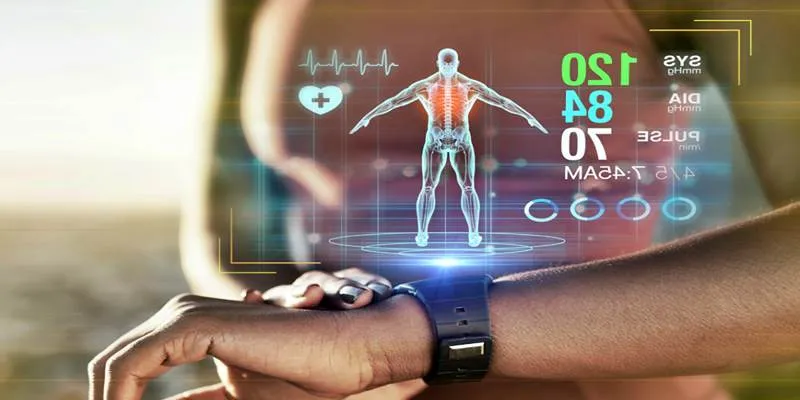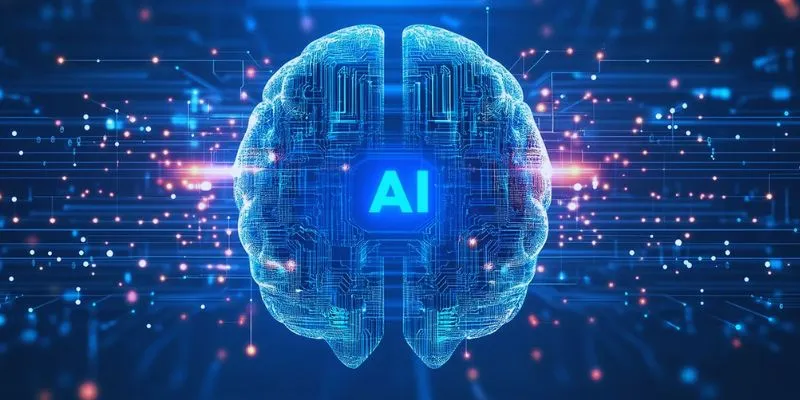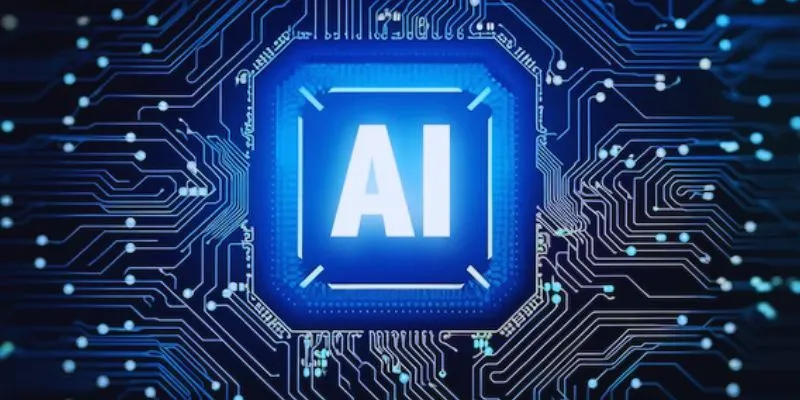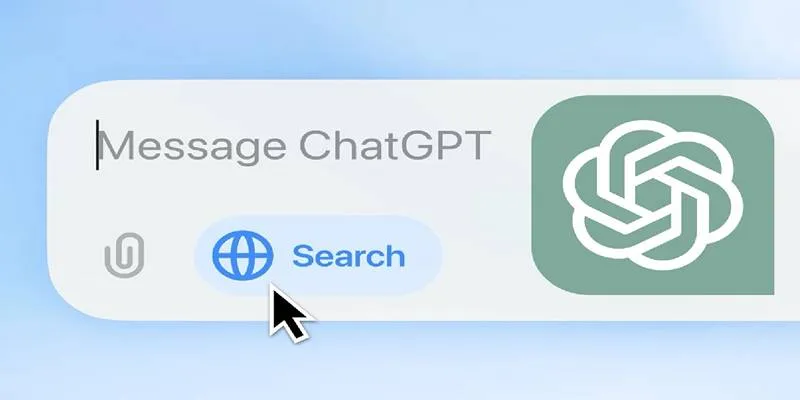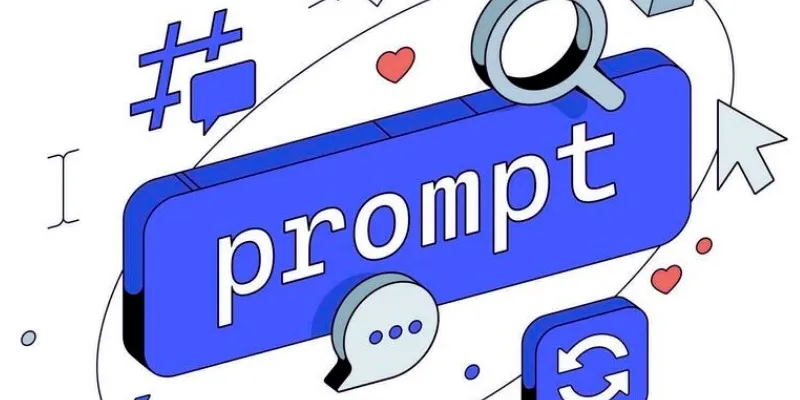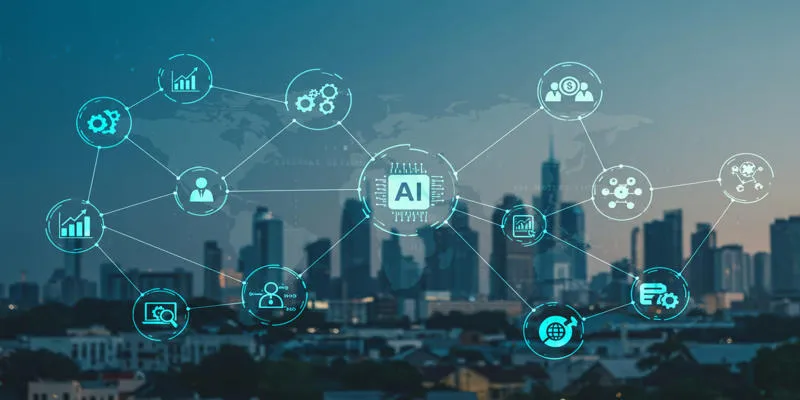In today’s digital age, where health information can often be overwhelming and confusing, artificial intelligence (AI) is emerging as a powerful ally. When health concerns arise, people instinctively turn to the internet for answers. However, the sheer volume of information available can make it challenging to find accurate and relevant data. This is where AI steps in, providing solutions that bridge the gap between complex medical knowledge and everyday individuals.
With AI connecting people directly to health information, the process of understanding one’s health is transforming, empowering individuals to make informed decisions. This shift is not just about convenience; it’s about ensuring that vital health information is accessible to everyone, grounded in impeccable medical knowledge.
How AI Enhances Access to Health Information
Artificial intelligence is designed to process vast amounts of data efficiently. What makes AI transformative in healthcare is its ability to understand context. For instance, when someone types “headache causes” into a search engine, thousands of results appear, many of which are irrelevant or unreliable. AI-driven systems can filter out this noise by analyzing the intent behind a user’s search and presenting tailored, trustworthy answers.
Moreover, AI algorithms are self-learning, meaning the accuracy of the information provided improves over time through continuous learning from user interactions. This dynamic learning process enables AI to offer more personalized health advice, ensuring users receive information that is both reliable and relevant to their specific situation. For example, an individual with diabetes seeking dietary advice will receive content directly relevant to managing their condition rather than general dietary tips.
Beyond personalization, AI plays a significant role in simplifying medical jargon. Medical terms can be difficult for most people, limiting their understanding of health conditions or treatments. AI helps bridge this gap by simplifying language, making medical information more digestible for the general public.
The Role of AI in Delivering Reliable Health Information
Ensuring the reliability of health information is a key challenge in today’s digital landscape. With countless websites offering varying degrees of accuracy, users can easily be misled by misinformation. This is where AI’s capability to assess the credibility of sources becomes invaluable. Advanced AI models are trained to recognize authoritative content from reputable medical organizations and filter out dubious or unsupported claims.
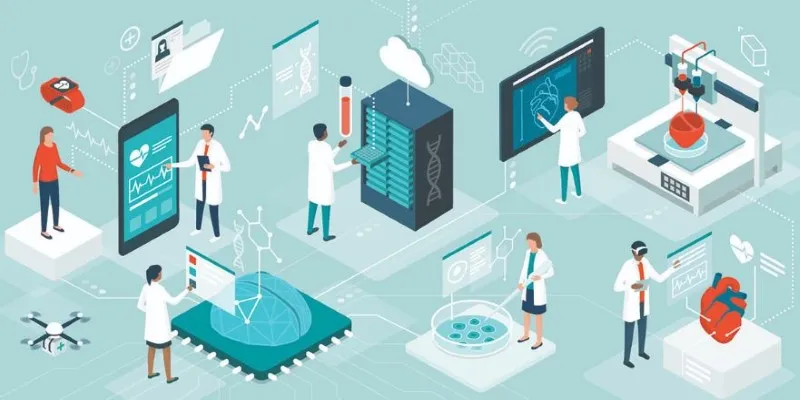
Additionally, AI-driven health platforms often partner with healthcare providers to ensure the information they offer meets medical standards. This collaboration helps maintain the integrity of the data and instills trust in users seeking health-related answers. Furthermore, AI tools can track updates in medical research, ensuring that users always have access to the latest and most accurate information.
Another significant aspect is AI’s potential to expand access to health information for underserved communities. In many parts of the world, access to professional healthcare advice is limited. By offering localized, AI-powered health solutions, we can bridge this gap, bringing critical health knowledge to people who might otherwise lack reliable resources. Whether through chatbots, virtual health assistants, or multilingual platforms, AI makes it possible to deliver accurate health guidance to anyone with an internet connection.
AI’s Potential to Revolutionize Preventive Healthcare
One of the most exciting aspects of using AI to connect people to health information is its potential to shift the focus from reactive to preventive healthcare. Traditionally, healthcare systems have been centered around treating illnesses after they arise, but AI is opening new avenues for early detection and prevention.
By analyzing vast amounts of health data, AI systems can identify patterns and risk factors that may indicate potential health issues before they become serious. For example, AI-driven tools can monitor lifestyle data, such as diet, exercise, and sleep patterns, to identify early signs of conditions like heart disease or diabetes. Users can then receive tailored advice to address these risks, potentially preventing the onset of these conditions.
AI’s role in preventive healthcare also extends to its ability to predict disease outbreaks. By analyzing data from various sources, including global health trends, environmental factors, and population movement, AI can provide early warnings of potential health threats, allowing for timely interventions and better preparedness.
Personalization, Privacy, and Ethical Considerations
While AI’s ability to connect people to health information is promising, it also raises important questions about privacy and ethics. Health data is sensitive by nature, and any AI system handling such information must prioritize user privacy. To ensure this, AI-driven health platforms adopt stringent data encryption and anonymization protocols, ensuring that personal details remain confidential.
Equally important is transparency. Users need to understand how AI systems work, what data they collect, and how they use it to deliver information. Clear communication fosters trust and helps users feel more comfortable engaging with AI-based health solutions.
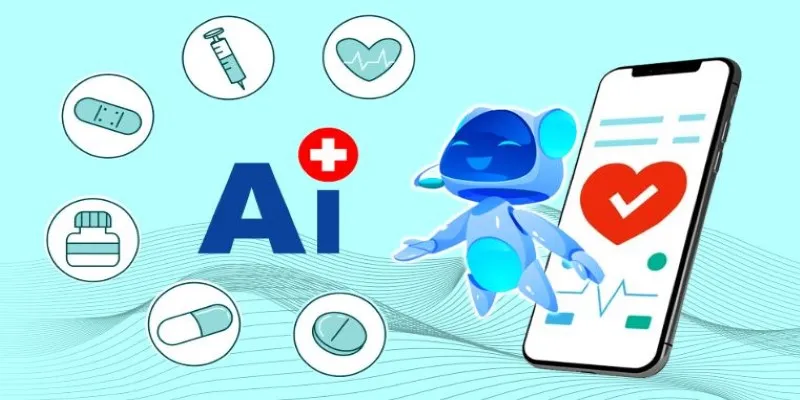
On the personalization front, AI’s capacity to tailor information goes beyond mere search queries. It can integrate with wearable devices, health apps, and electronic medical records to offer real-time insights. For example, a user monitoring their heart rate through a smartwatch could receive instant feedback and recommendations if an abnormal pattern is detected. This level of personalized care not only enhances health outcomes but also encourages proactive health management.
Despite its potential, AI should not replace medical professionals. Instead, it serves as a supportive tool, helping individuals better understand their symptoms and when to seek professional care. By acting as an initial point of contact, AI reduces unnecessary medical visits while ensuring that those who genuinely need help are directed to the appropriate healthcare services.
Conclusion
Artificial intelligence is reshaping how we access and understand health information. By connecting people to reliable, personalized content, AI is breaking down barriers and making healthcare knowledge more accessible. While privacy and ethical considerations are important, AI remains a powerful tool in empowering individuals to make informed health decisions. With continuous improvements, AI has the potential to enhance health literacy, support preventive care, and ultimately revolutionize the healthcare landscape for all.
 zfn9
zfn9
